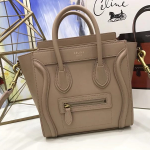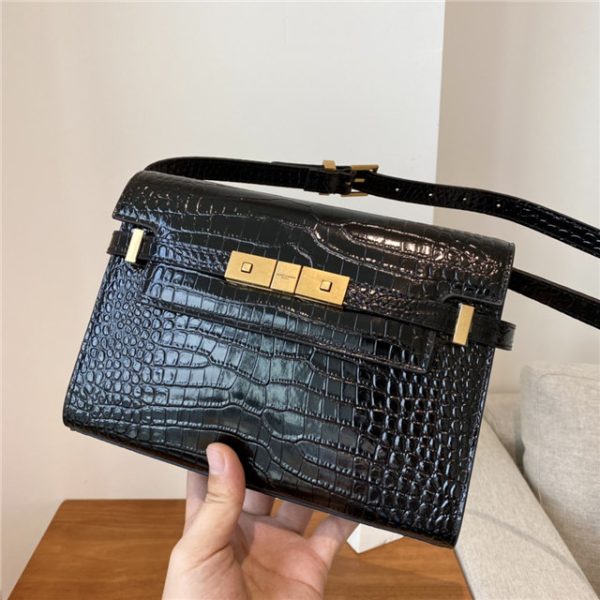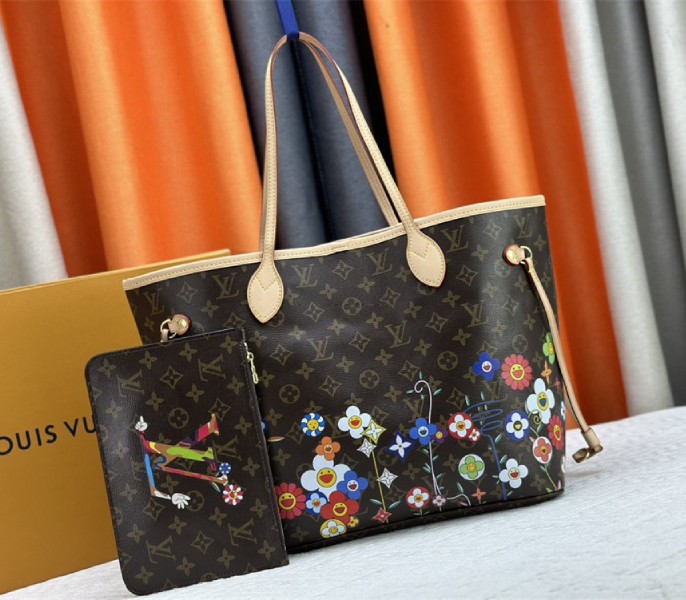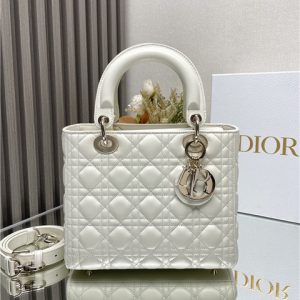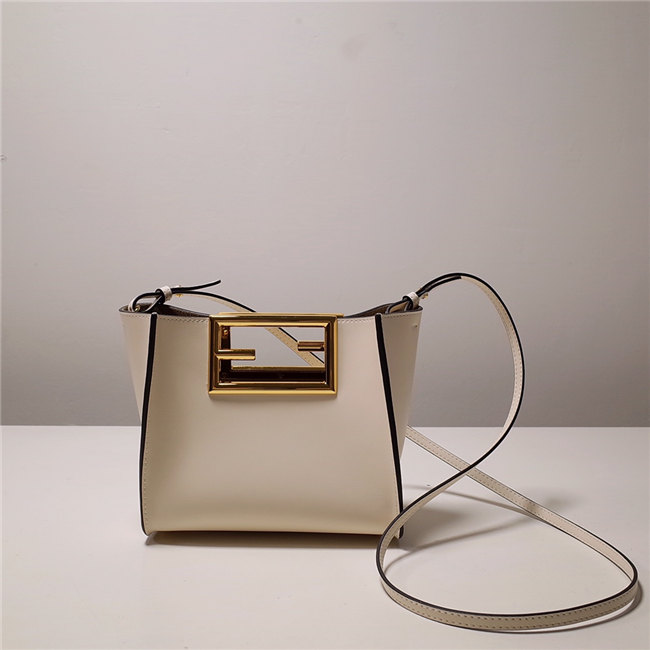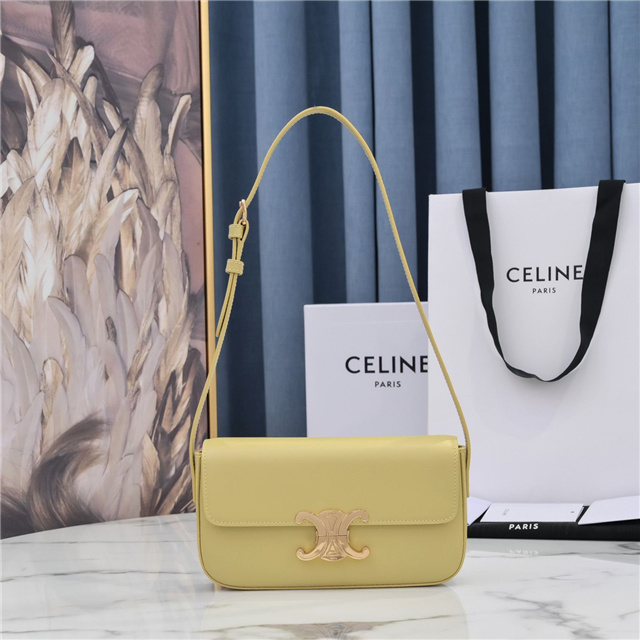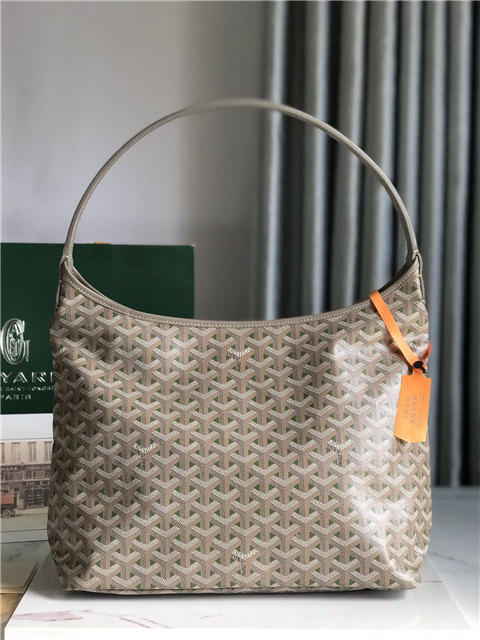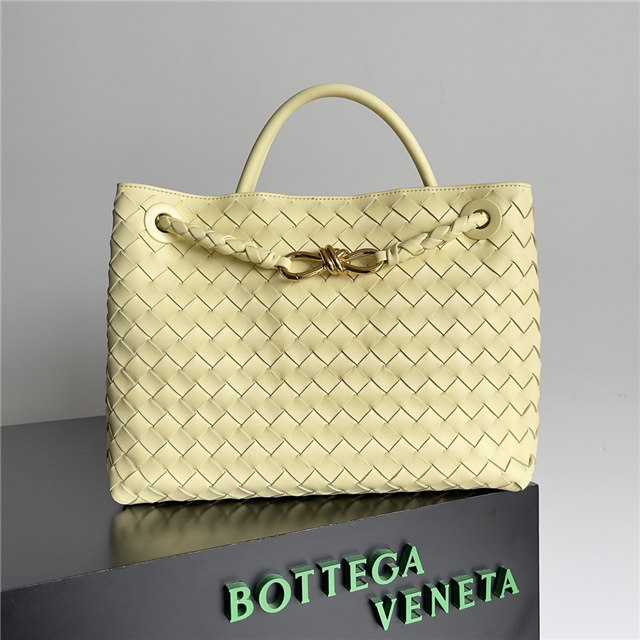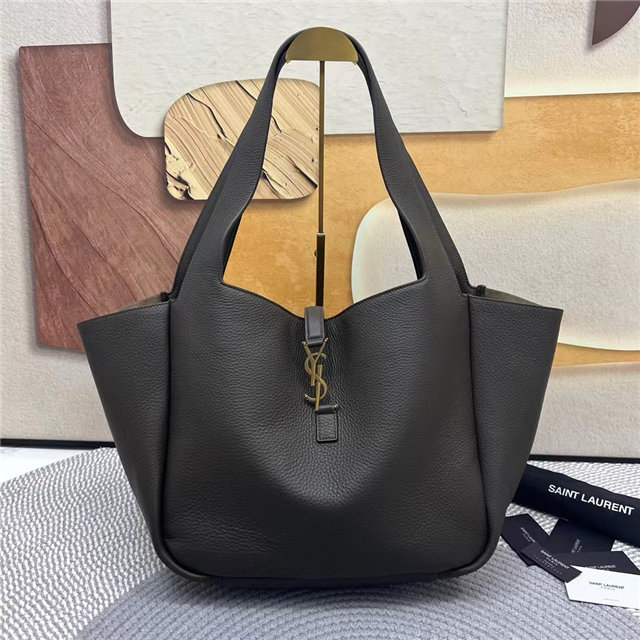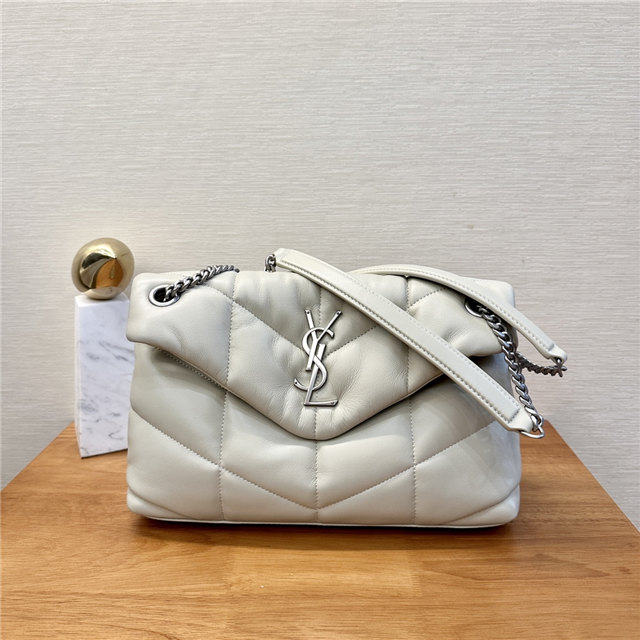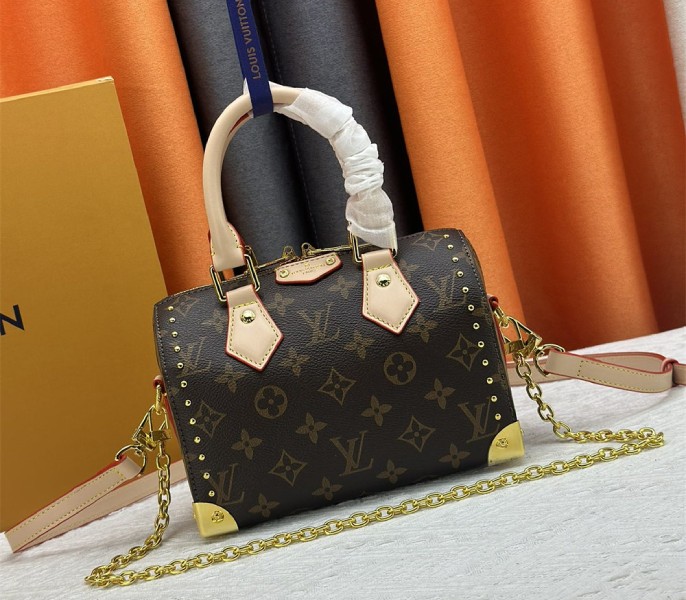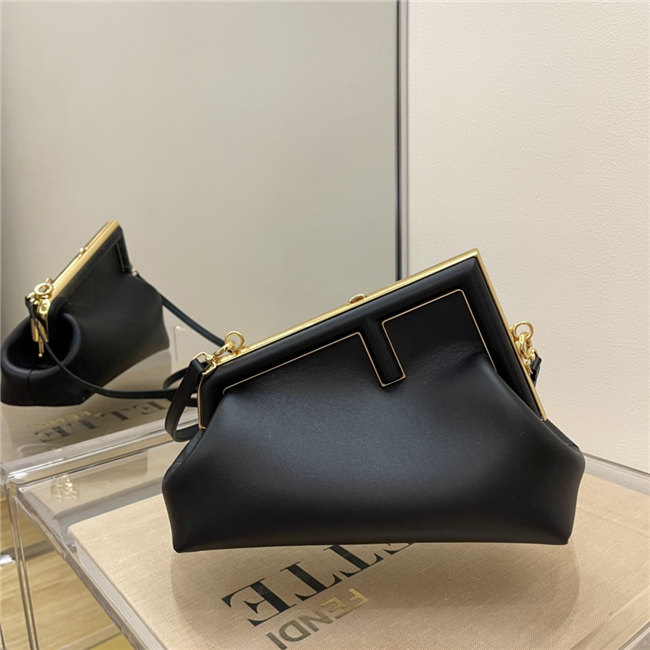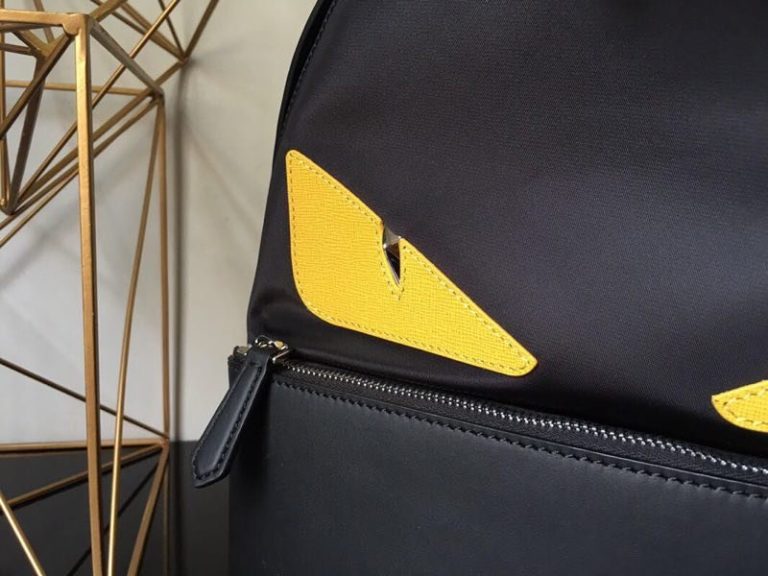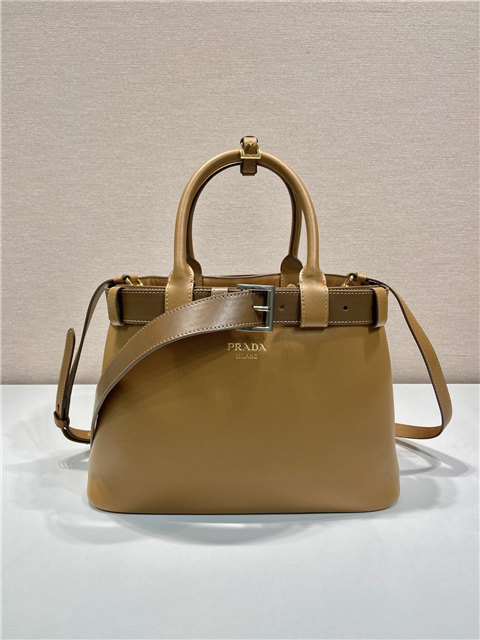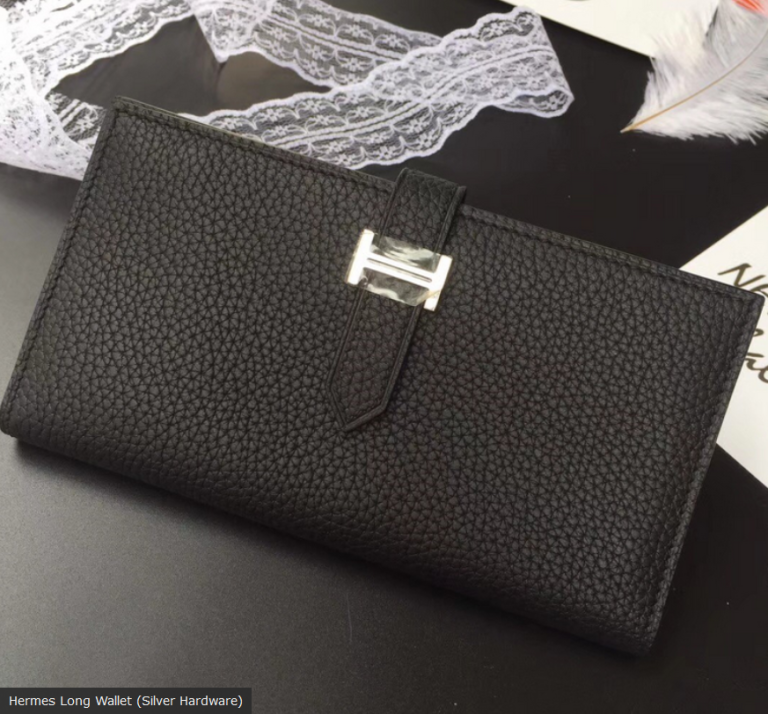Honestly, I think the key thing here is the *Bvlgari* connection. You see the brand name popping up next to “EU Warehouse” in some of the search results. Makes you wonder, right? Is there some kinda official Bvlgari outlet *inside* the EU that’s just a giant warehouse? Like, imagine strolling through a massive space filled with Bulgari watches, jewelry, and, of course, a gazillion bottles of Man in Black Eau de Parfum (seriously, that stuff is *everywhere* in these results!).
But then you start seeing stuff like “Preloved Serpenti Seduttori Ring” which makes me think… wait, is “EU Warehouse” maybe just a generic term, and Bvlgari stuff happens to be sold there, or *related* to the companies that are being sold there? Like, pre-owned? Hmmm. That would make more sense than some official Bvlgari mega-warehouse. Although, let’s be real, the idea of a Bvlgari mega-warehouse is kinda awesome. I’d totally visit.
And then there’s the “EU SERVICES // Educational and Vocational Training // counseling and training with regards to EU policies.” Like, WHAT?! How does *that* connect to Bvlgari? Are they teaching people about EU policies so they can better understand the market for overpriced perfume? I’m being sarcastic, obviously. But it just highlights how disconnected these search results are. Maybe it’s just a keyword thing, and people are using “EU Warehouse” in random contexts, and Bvlgari is a popular search term.
And what about those financial details from 3D warehouse? I mean, I’m *not* a business analyst, but trying to figure out “Revenues, Costs, and Results” from a 3D warehouse context, for a *Bvlgari* article seems… well, like trying to fit a square peg in a round hole. Unless they’re modeling Bvlgari stores in 3D and using that to predict future sales… which, again, is kinda out there.

